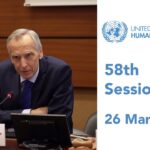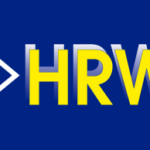The Pew Research Center estimates that 77% of the world’s population lives in countries that experience a high or very high level of religious restrictions, and other studies reveal that such restrictions increase social violence and migration. Concerns about global religious freedom have prompted a variety of responses from Western democracies. For instance, the European Union has recently appointed a new special envoy for the promotion of freedom of religion. Outside the European Union, Canada eliminated the post of ambassador-at-large for religious freedom. What do these and other developments mean for international religious freedom? How can governments promote tolerance and fight against religious restrictions? We bring together key scholars and leaders involved in shaping government responses to religious restrictions to discuss these questions. This is event is moderated by Professor Brett G. Scharffs, director of the International Center for Law and Religion Studies, at Brigham Young University School of Law, and features Ambassador David N. Saperstein, the ambassador-at-large for international religious freedom for the U.S. Department of State; the Honorable Ján Figeľ, European Union’s special envoy for the promotion of freedom of religion and belief outside the European Union; and Professor Thomas F. Farr is the president of the Religious Freedom Institute and director of Georgetown University’s Religious Freedom Project. This event was co-sponsored by the International Center for Law and Religion Studies at Brigham Young University (http://www.iclrs.org) and the Religious Freedom Center of the Newseum Institute (http://www.religiousfreedomcenter.org).
-

Dialogue, values, and global challenges: an exclusive interview with Jan Figel
-
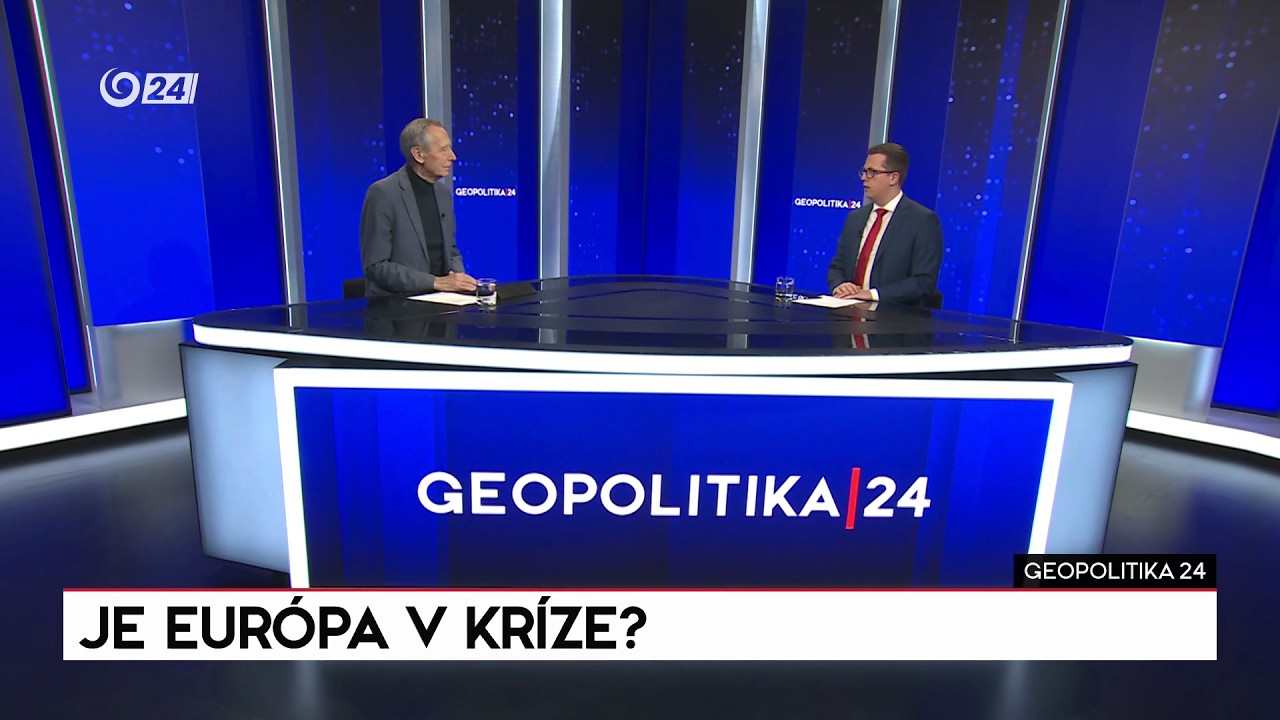
Geopolitika 24: Je Európa v kríze? Hostia: Ján Figeľ a Boris Zala
-

Nový prístup USA k medzinárodnej politike | Z prvej ruky na RTVS s Jánom Figeľom a Pavlom Kanisom
-
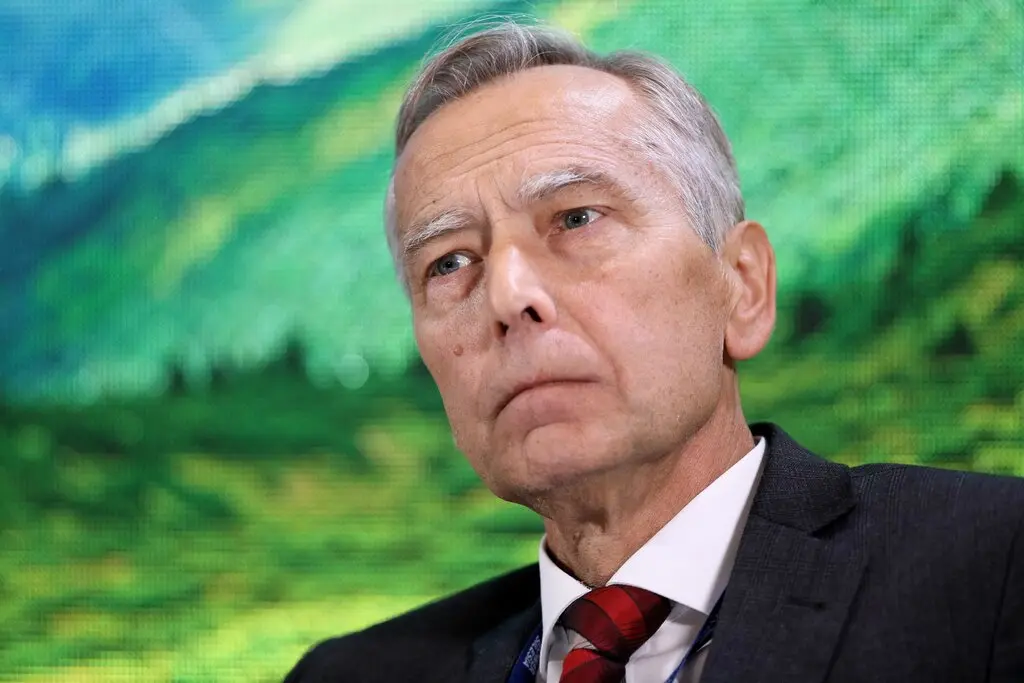
Na ukončenie vojny je potrebný obrat vo vzťahoch USA a Ruska
-

Tri scenáre a nádej pre Európu
-

Vojna na Ukrajine sa môže vyvinúť tromi smermi
-

3 scenarios and hope for Europe
-
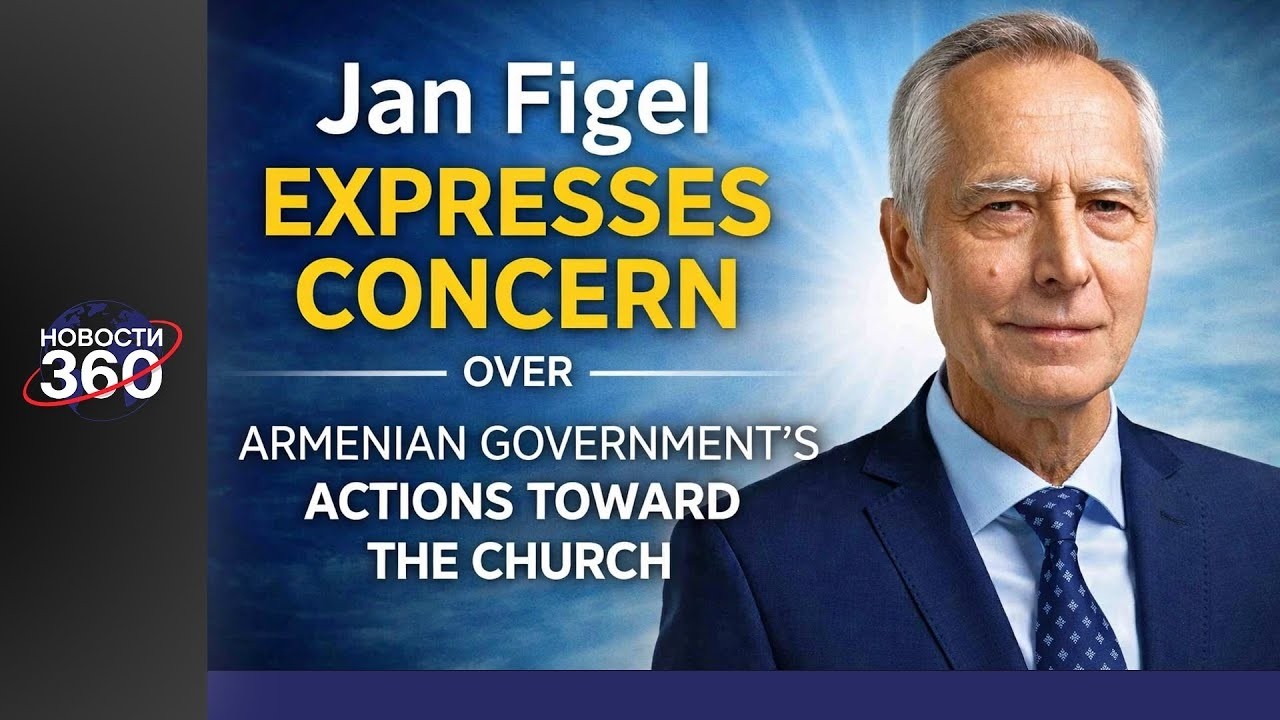
Ján Figeľ expresses concern over Armenian Government’s actions toward the Church
-

Slovenská katolícka misia v Bruseli | Na pastoráciu exilantov nadviazala pred 20 rokmi slovenská farnosť pár metrov od srdca EÚ
-
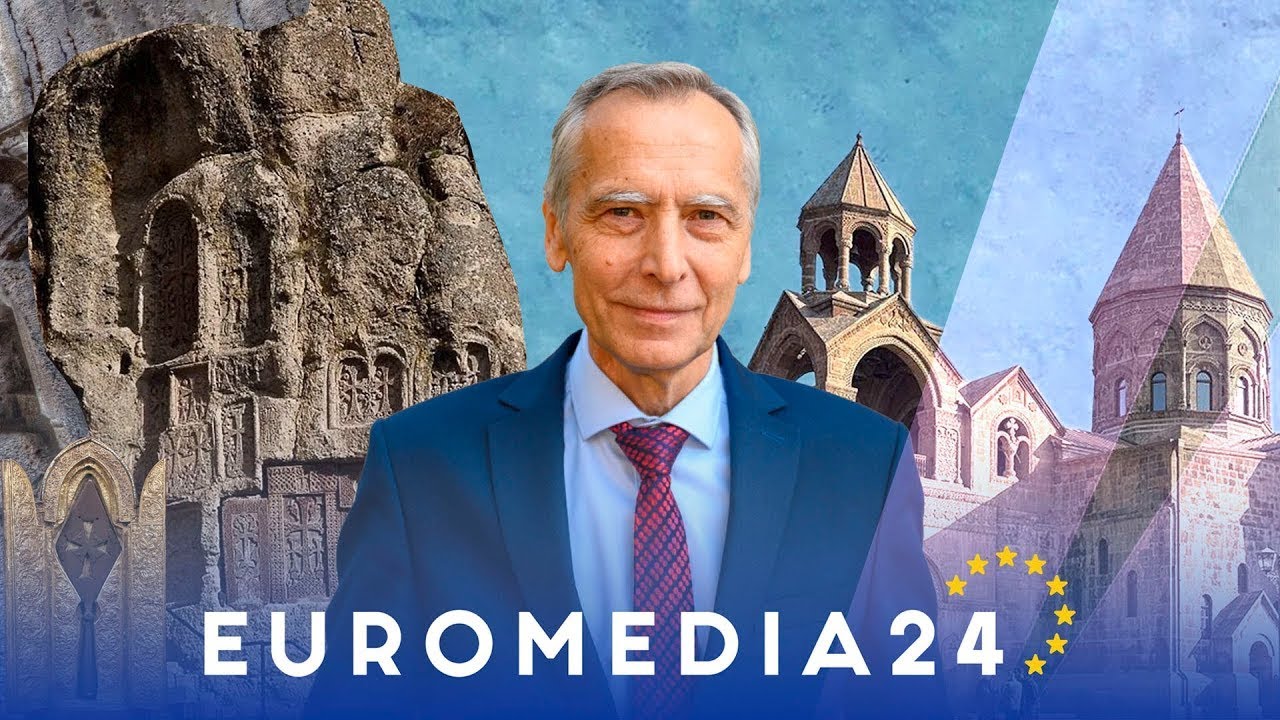
We condemn the unlawful actions by Armenia’s Gov. against the Armenian Apostolic Church – Ján Figeľ
-
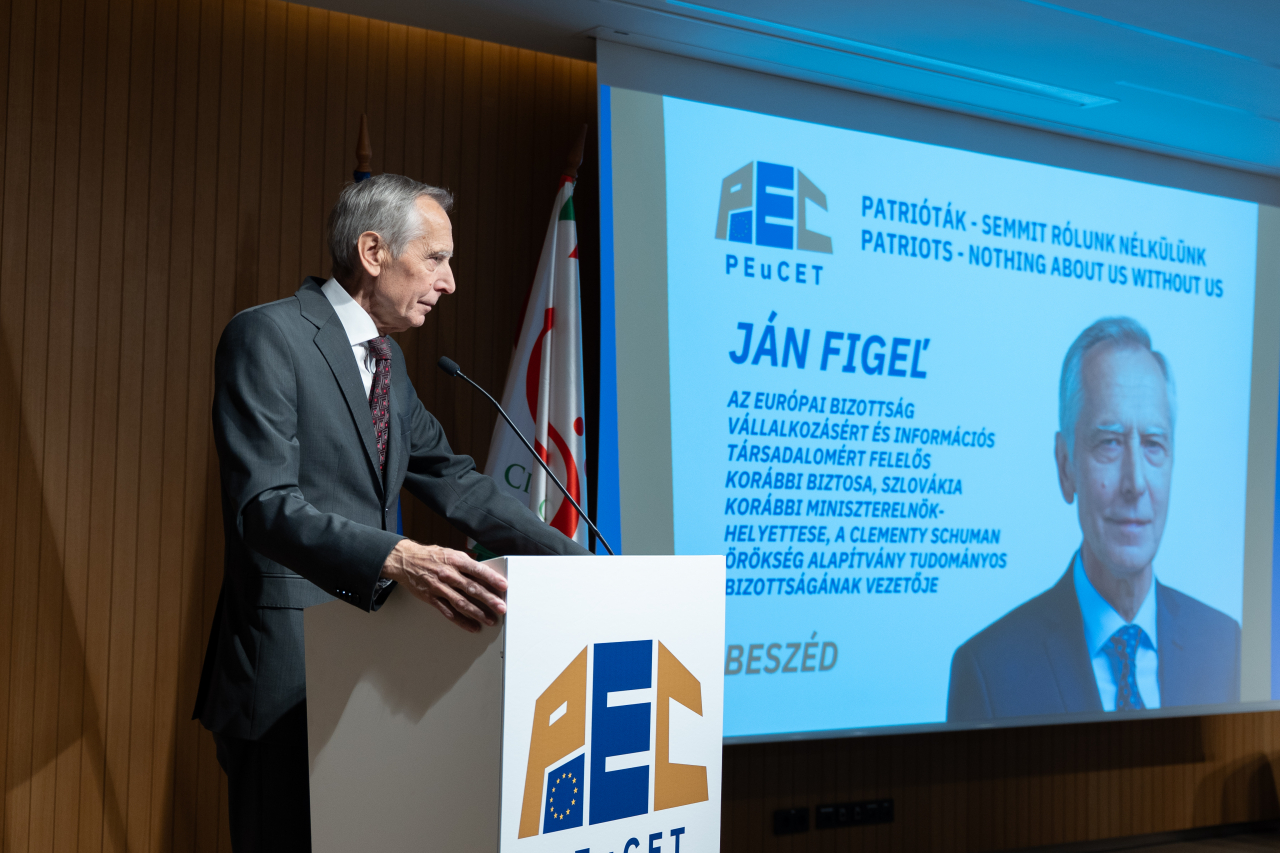
Jan Figel Delivers Keynote Address at PEuCET Foundation Annual Conference
-
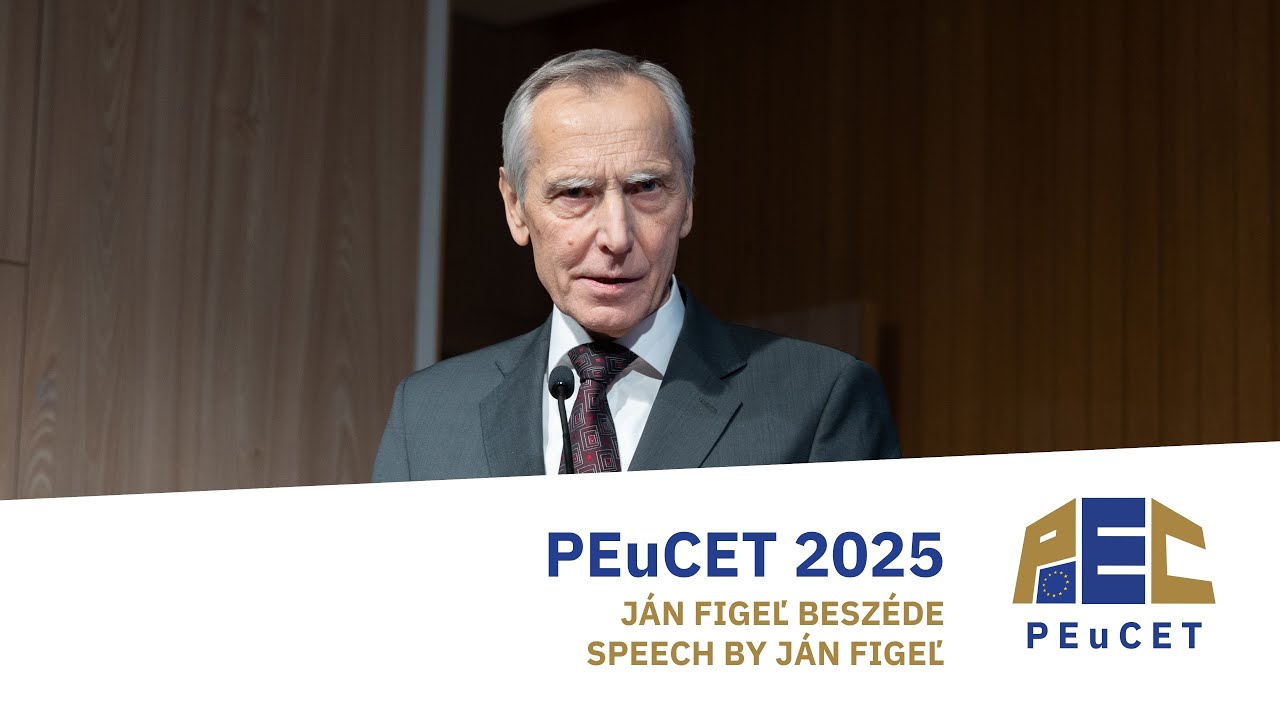
PEuCET 2025
-
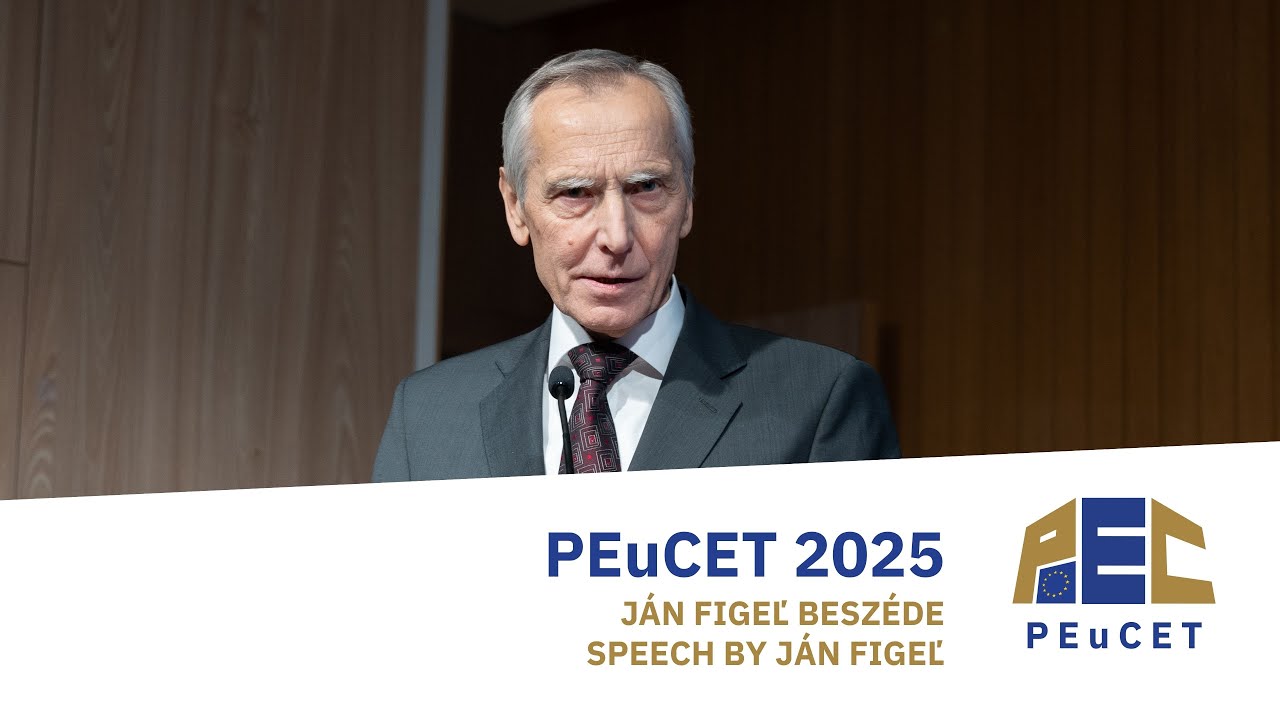
PEuCET 2025
-

Human Dignity: Rights, Responsibilities and Reciprocity
-
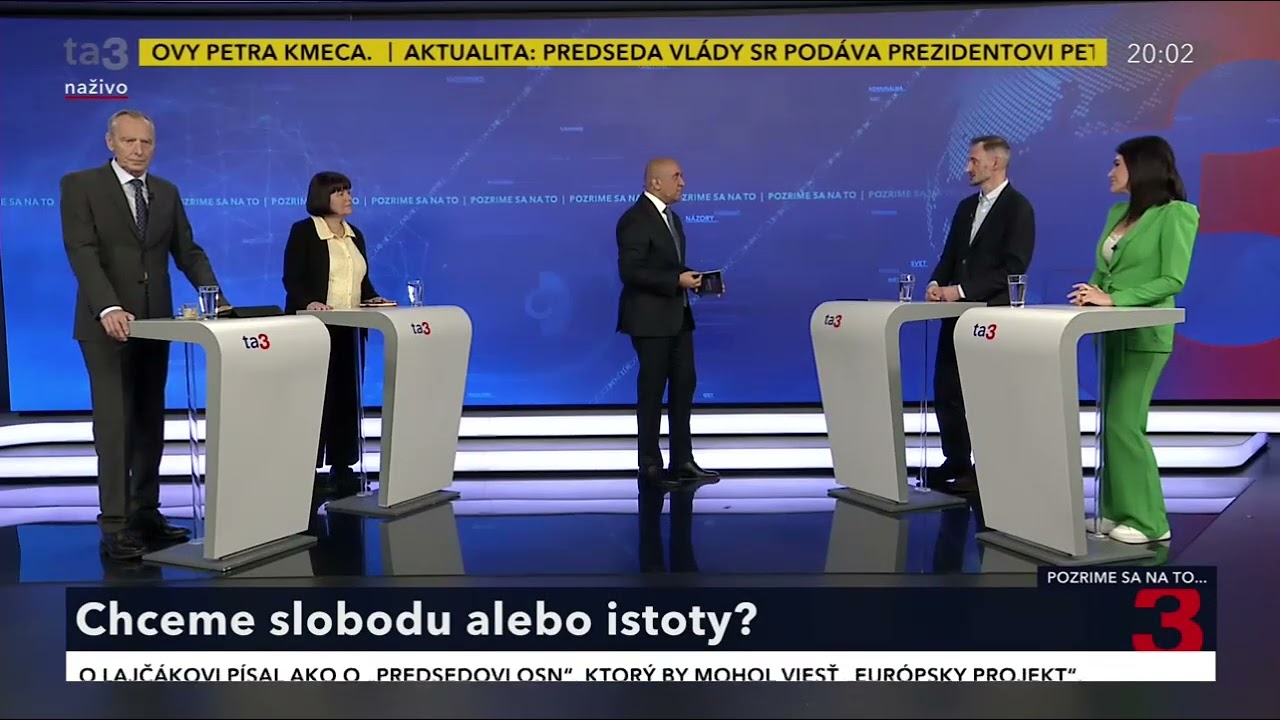
Chceme slobodu alebo istoty? | Relácia Pozrime sa na to na TA3




